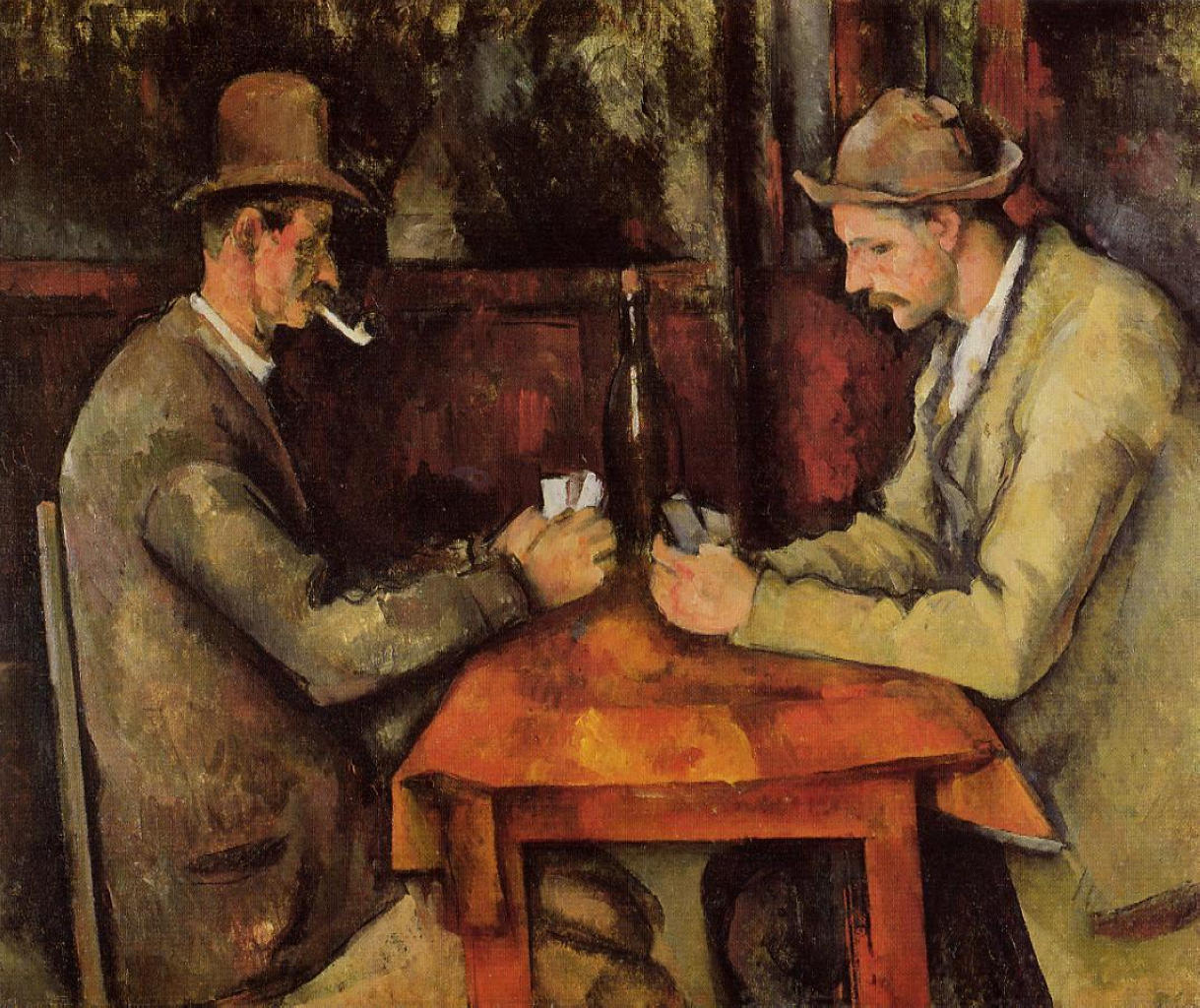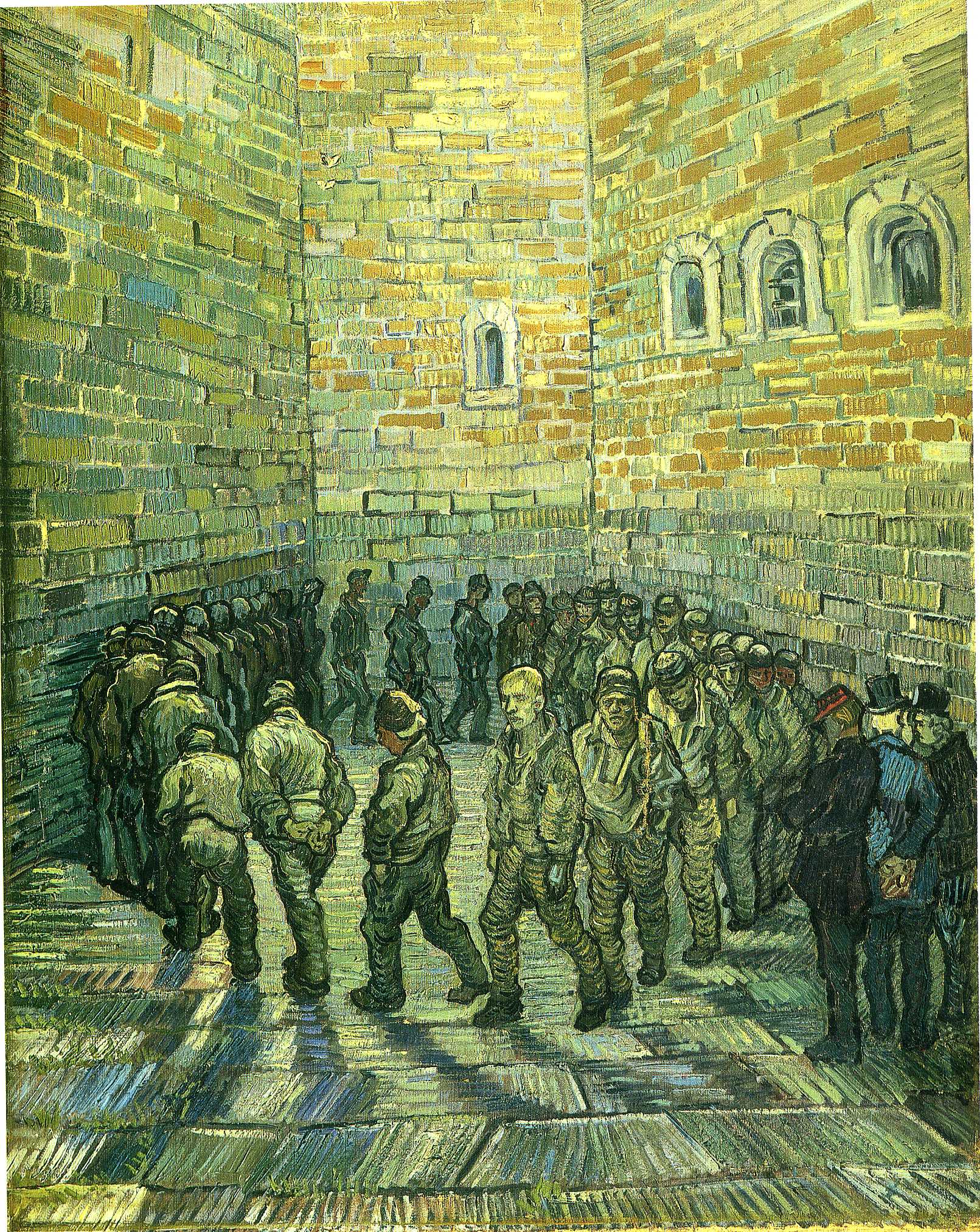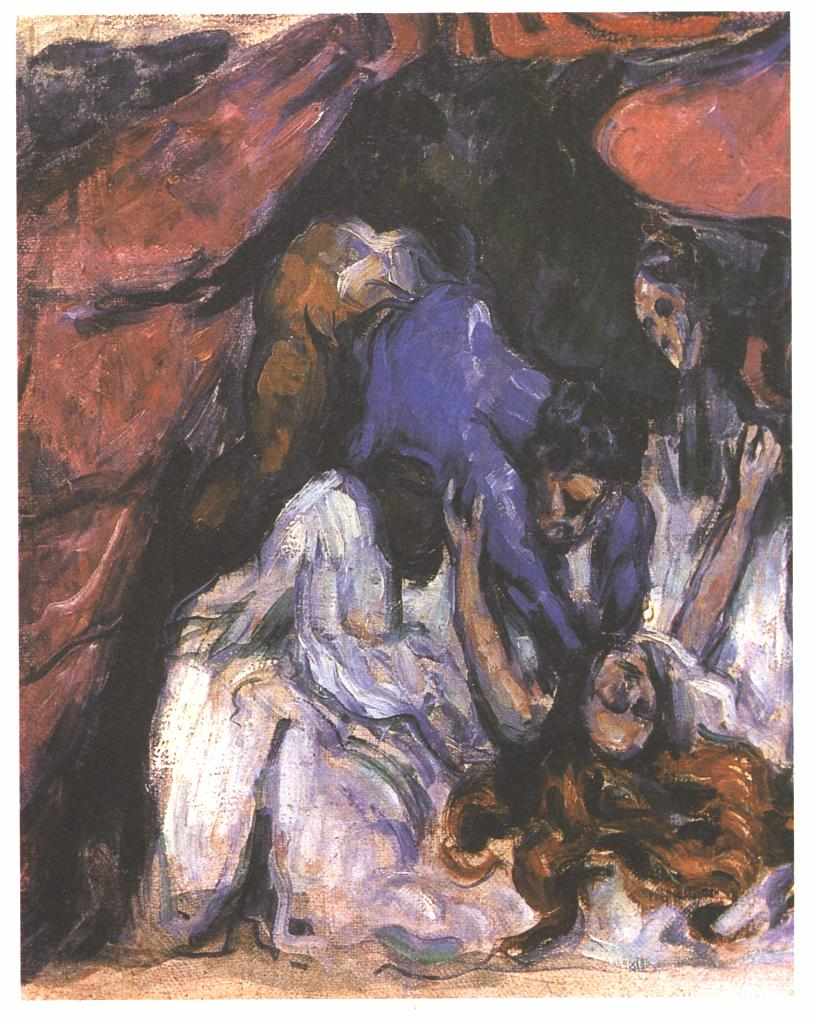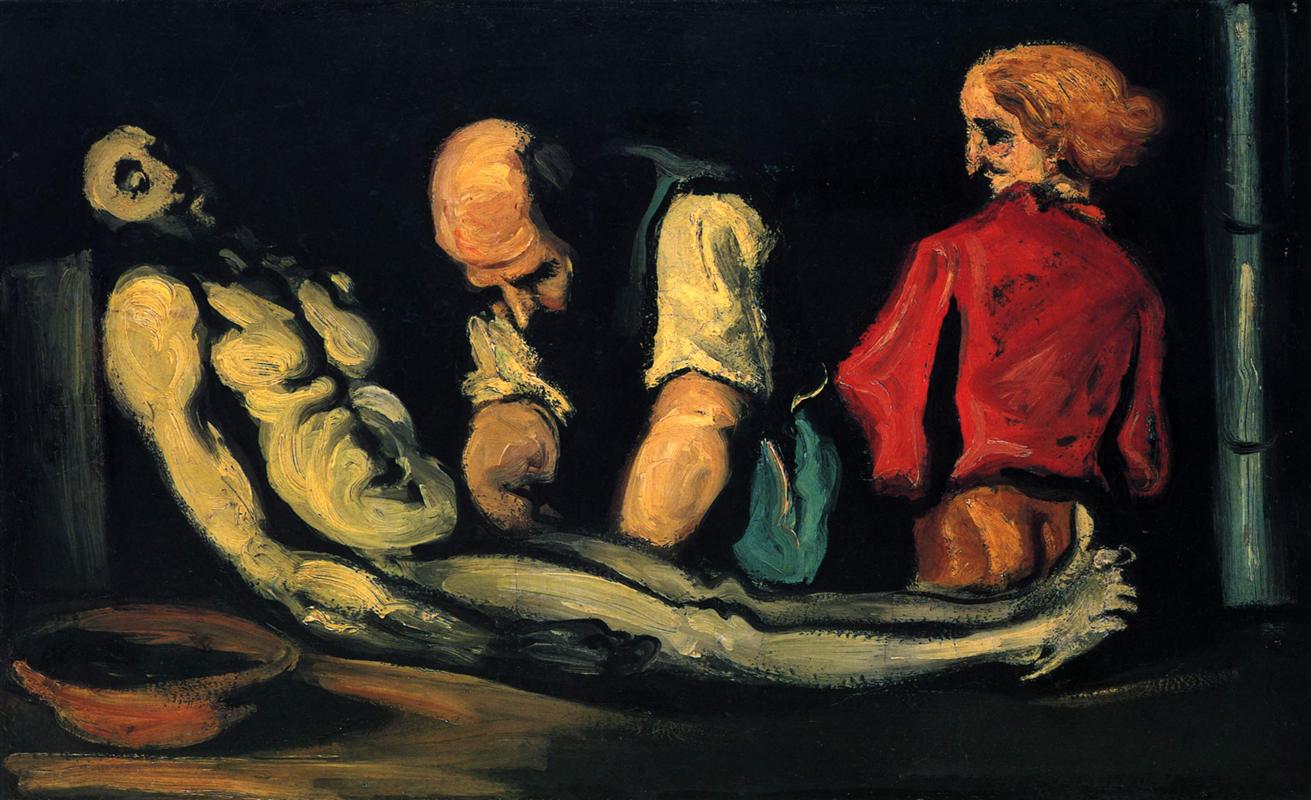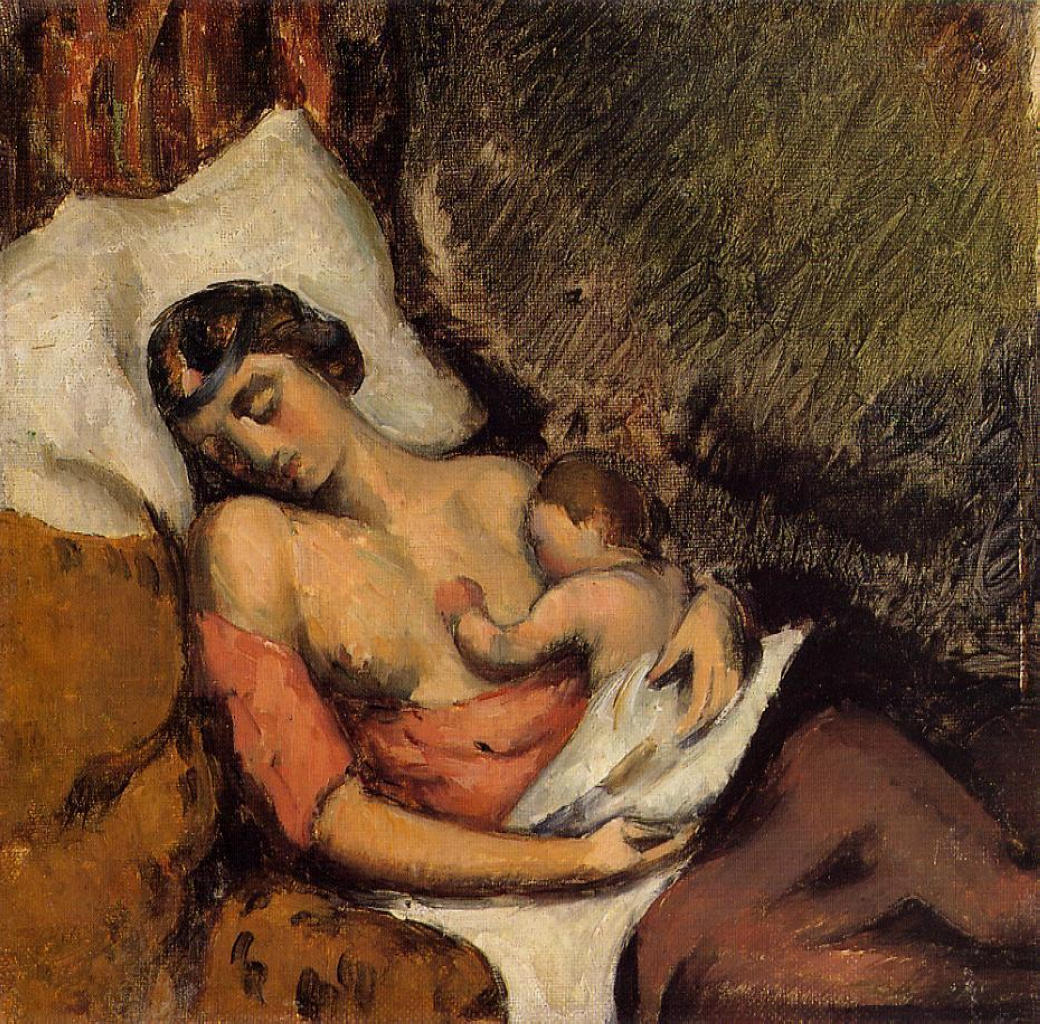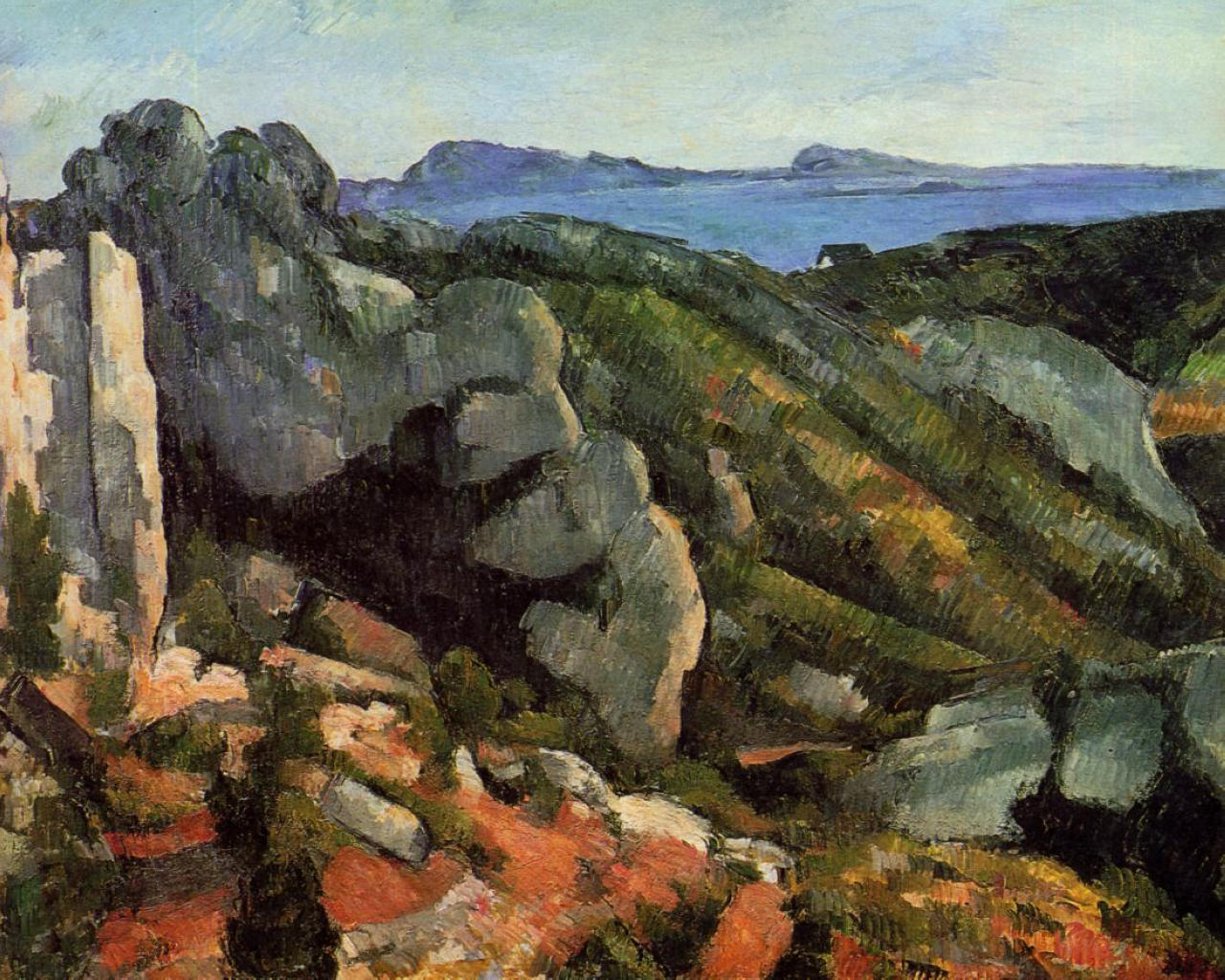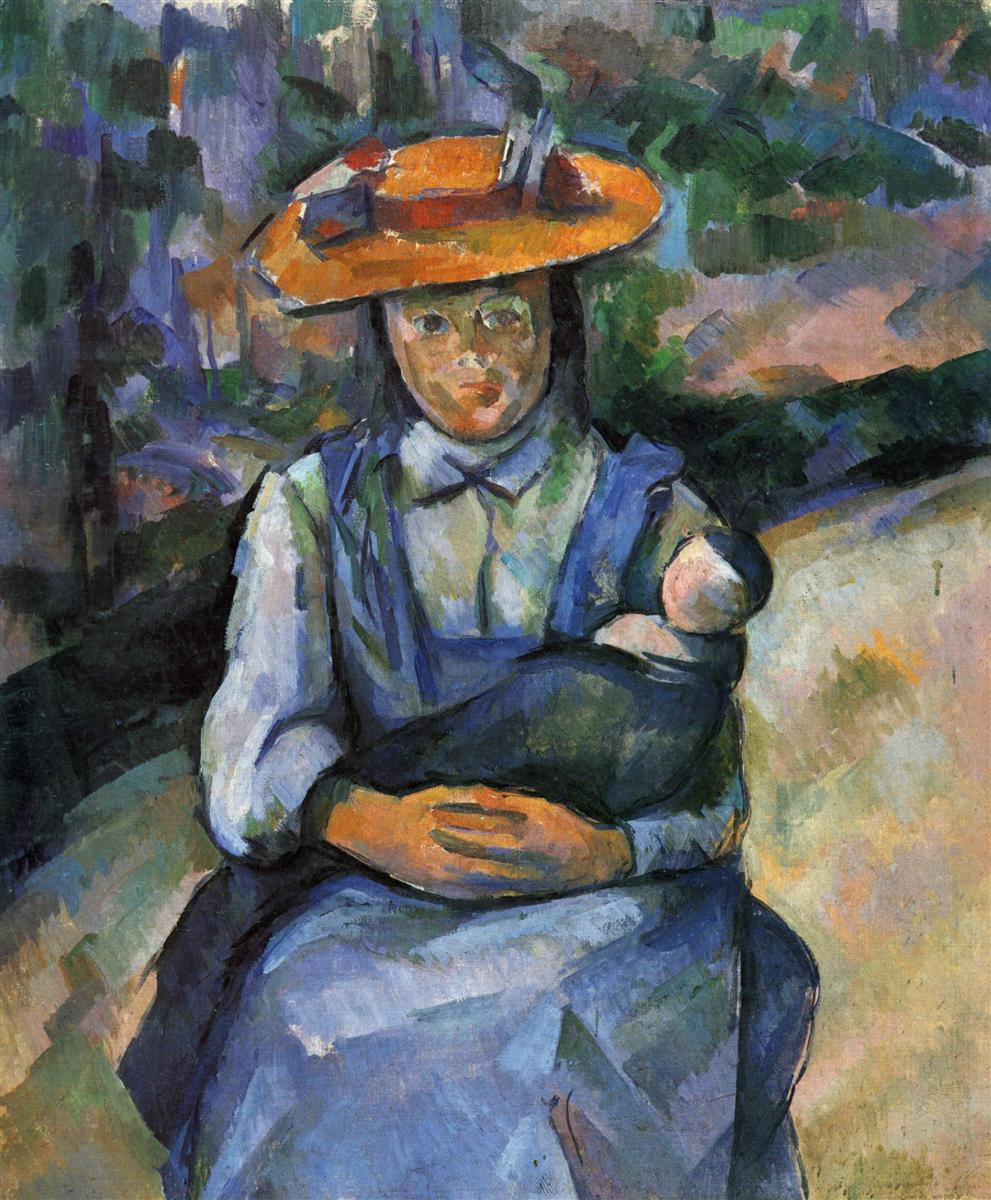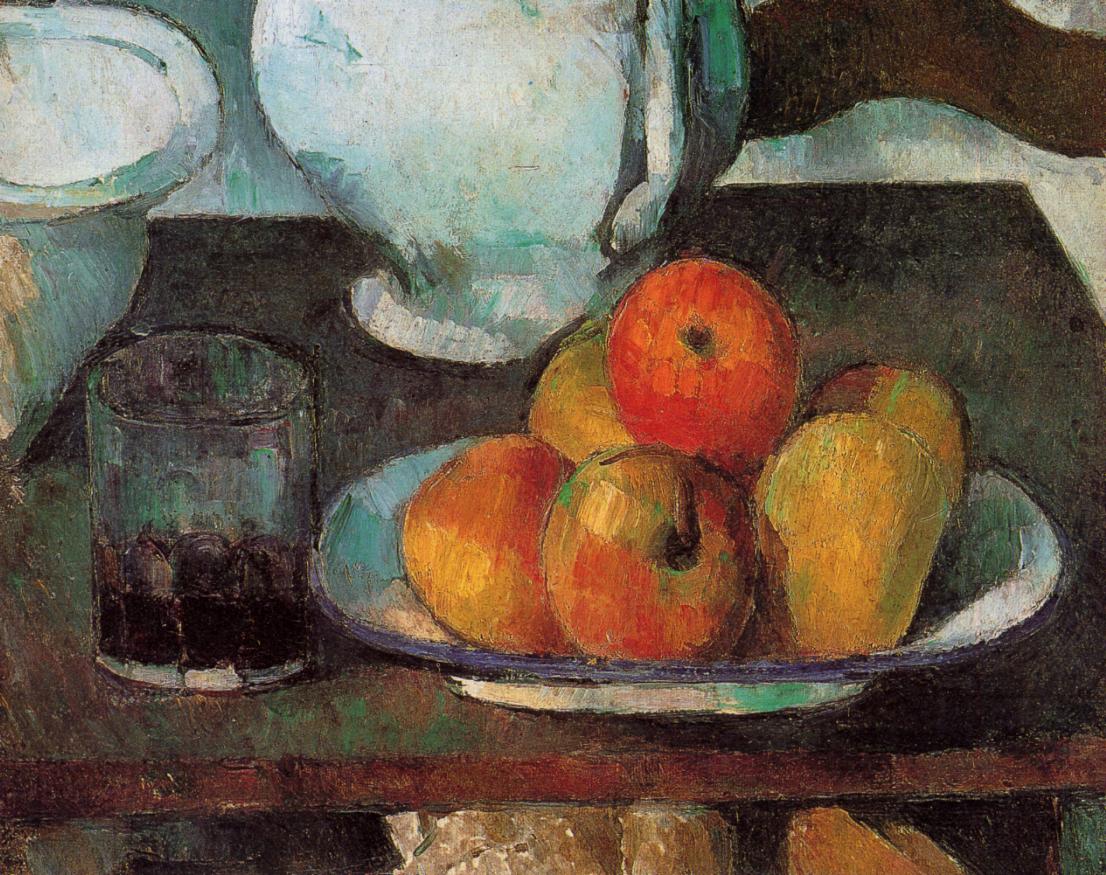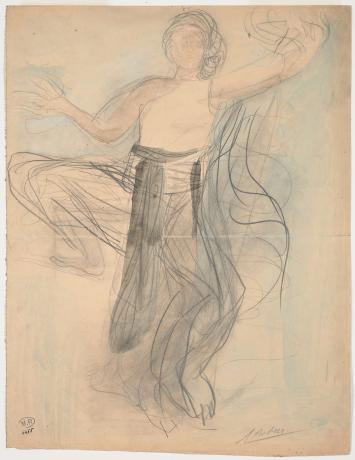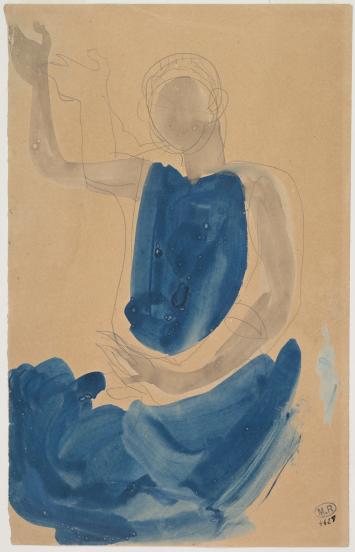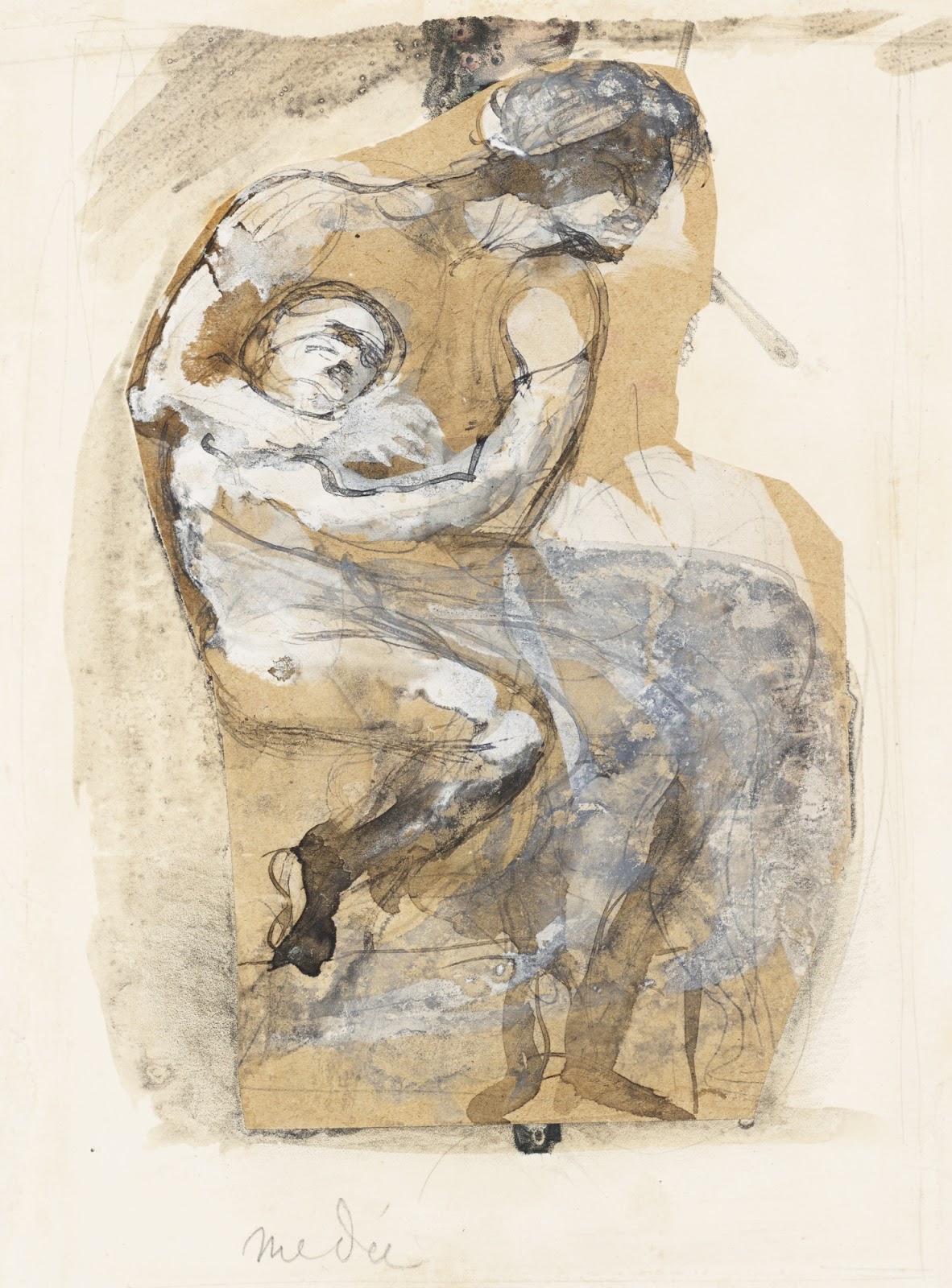One even has to be poor for those who preceded one, otherwise one only reaches back to the time of their rise, of their first brilliance. But one has to feel beyond them into the roots and into the earth itself. One has to be able at every moment to place one’s hand on the earth like the first human being.
Rainer Maria Rilke to Clara Rilke
This is one letter I decided to leave without pictures: just Rilke’s words in the sheer power of their purity.
He doesn’t mention any pictures himself, and adding my own visual associations would, as you will see, go completely against the spirit of this letter.
October 20, 1907
<…> I took my Sunday walk to the Salon again; through the quiet Faubourg Saint-Germain, past the palaces, above whose high front gates the old, great names are sometimes still visible: Hôtel de Castries, Hôtel d’Aravay, and over one of them: Hôtel Orloff, belonging to the rich family who rose to superabundance and princely estate with the help of the great Catherine; it produced brilliant chevaliers and also beautiful women whose smiles endowed their lineage with a past, Princesses Orloff, admired by all of Paris.
You know: there’s the highly arched gateway in the front building, massive and heavy, windows on the right and left which are so uninterested in looking outside that they turn their backs on the street; only the concierge’s window is clear and attentive in front of its modestly parted curtains. But as soon as one of the weighty wings of the gate opens, refulgent in its smooth dark green, the gaze can no longer be restrained.
Beyond the semidarkness of the gateway, the palace steps back as if to show itself (the way someone might show off a new dress), far away from the street.
Its middle door, which is all of glass, tosses a few stairs down toward the gravel of the untouched courtyard, and standing behind all the windows, which are scarcely smaller than the door, are curtains, as if in beautiful dresses. Where they are missing, one can see the ribbon of the staircase being gently led up in tranquil ascent.
And one senses the coolness of a vestibule, with cold walls that are reserved and unparticipating, like servants at the table, and whose only purpose is to pass the candelabras around in the evening.
One senses, too, and believes, that these palaces have royal rooms in the interior, there is something in one’s blood that belongs in there, and for a second the whole gamut of emotions rests between the heaviness of bronze-encased ancient Chinese porcelain and the lightness of a chime’s voice:
—but one goes to the picture gallery, where none of this means anything, at least not the way it stands there in the rue Saint-Dominique, nor the way it can be in a little bit of blood that occasionally runs through one’s heart with a scent like that of an old perfume.
But all this will have to be shed, dismissed, put away.
Even someone who had such palaces to utter would have to approach them innocently and in poverty, and not as someone who could still be seduced by them.
Surely one has to take one’s impartiality to the point where one rejects the interpretive bias even of vague emotional memories, prejudices, and predilections transmitted as part of one’s heritage, taking instead whatever strength, admiration, or desire emerges with them, and applying it, nameless and new, to one’s own tasks.
One has to be poor unto the tenth generation.
One even has to be poor for those who preceded one, otherwise one only reaches back to the time of their rise, of their first brilliance. But one has to feel beyond them into the roots and into the earth itself. One has to be able at every moment to place one’s hand on the earth like the first human being.
Rainer Maria Rilke to Clara Rilke
STORYLINE: POVERTY
Rilke returns to the storyline of poverty. Not so much material poverty, but rather letting go all cultural associations, emotional memories, heritage, identity.
All this, however precious and cherished, has to be shed if one is to cleanse the doors of perception.
SEEING PRACTICE: POVERTY
As we look at the world around us, we usually don’t notice the background stream of associations and memories unless something really stirs us, just as we don’t usually hear the sound of our own heartbeat.
But the first step to being able to see the world “like the first human being” is to notice this stream of associations, yo pay attention to it.
